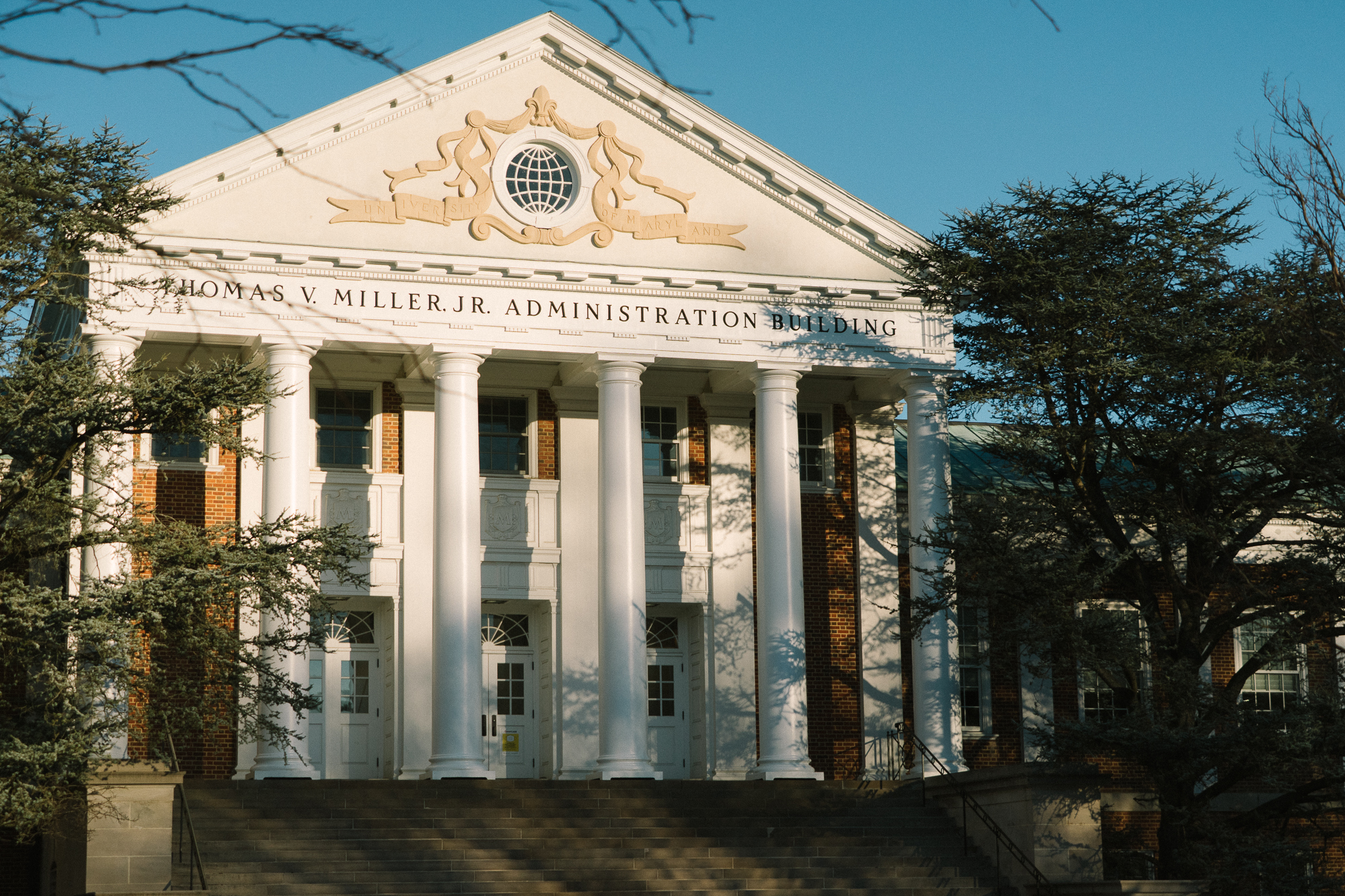We, the undersigned, write to express our grief at the loss of Palestinian and Israeli lives and our concern over the escalating violence in the region. We mourn all victims of the violence and extend sympathies to their families and communities. We join the call for an immediate cessation of the siege on Gaza, the release of all hostages, the provision of humanitarian aid, and a political solution to the present crisis. We uphold the sanctity of all human life and defend the right of all to be free from political oppression and violence. There cannot be an exception for Palestinian or Israeli lives to these values.
We deplore the killing of Israeli civilians by Hamas on Oct. 7, and we denounce the disproportionate violence that the state of Israel has inflicted upon Palestinians in their subsequent attack on and total siege of Gaza. As scholars, we also acknowledge the historical and political context of recent events. The events of Oct. 7 did not take place in a vacuum. As we tell our students: context matters.
There is a 75-year ongoing history of the dispossession of Palestinians from their homes and land. For more than a half-century, the state of Israel has controlled and dominated Palestinian society through a brutal military occupation that deprives an entire people of fundamental human rights and dignity. International human rights organizations have stated, after years of study, that Palestinians in Israel and those under occupation are subject to apartheid.
We want to express our alarm at the shrinking space in our own society for voices critical of U.S. policy, reminiscent of a post-9/11 political atmosphere that aimed “to make scandalous the presentation of context.” We insist that contextualizing is not the same as justifying, but rather is key to recognizing the humanity and suffering of all. We must uphold the right of all members of the university community to express their opinions and solidarity without fear of reprisal, censure, or harassment.
As educators, we believe it is essential to also highlight the way that political and media rhetoric often presents Israeli victims as worthy of grief while ignoring the disproportionate suffering of Palestinians at the hands of the Israeli state. Such responses dehumanize Palestinians and create the political conditions that have enabled ongoing atrocities in Gaza and the chilling of speech and expression elsewhere. We are also deeply disturbed over recent attacks directed against Jews and Muslims as well as the recent cancellation of literary, cultural and academic events linked to Palestine throughout the world. We view with concern the efforts of alumni, donors, and politicians on other campuses to exert their influence in a partisan manner, as well as the “doxxing” of pro-Palestinian groups and individuals, especially of students and untenured faculty.
We call on the administration of the University of Maryland to build and maintain affirmative efforts to enable students, staff, and faculty to express their opinions and their solidarity on our campus without fear of adverse consequences.
Valerie Anishchenkova is an associate professor in the School of Languages, Literatures and Cultures. She can be reached at vani@umd.edu.
Antoine Borrut is an associate professor in the Department of History. He can be reached at aborrut@umd.edu.
Charles E. Butterworth is a professor emeritus in the Department of Government and Politics. He can be reached at cebworth@umd.edu.
Anny Gaul is an assistant professor in the School of Languages, Literatures and Cultures. She can be reached at agaul@umd.edu.
Peter Glanville is an associate professor in the School of Languages, Literatures and Cultures. He can be reached at pjg347@umd.edu.
Christina B. Hanhardt is an associate professor in the Department of American Studies. She can be reached at hanhardt@umd.edu.
Fatemeh Keshavarz is a professor in the School of Languages, Literatures and Cultures. She can be reached at fkk@umd.edu.
Matthew Thomas Miller is an assistant professor in the School of Languages, Literatures and Cultures. He can be reached at mtmiller@umd.edu.
Ahmet Targon Karamustafa is a professor in the Department of History. He can be reached at akaramus@umd.edu.
Peter Wien is a professor in the Department of History. He can be reached at pwien@umd.edu.
This guest column represents the opinion of other university community members, including:
Ali Abasi, Cecile Accilien, Neel Ahuja, Isabella Alcañiz, Asim Ali, Jan-Michael Archer, Luka Arsenjuk, Neda Atanasoski, Briana Barner, Nate Beard, Sayan Bhattacharya, Elsa Barkley Brown, La Marr Jurelle Bruce, Ernesto F. Calvo., Evelyn Canabal-Torres, Alejandro Cañeque, Tita Chico, Jennifer Cho, Kimberly Coles, Merle Collins, Solomon Comissiong, Laura DeMarco, David Freund, Andrea Gutmann Fuentes, Gabrielle Lucille Fuentes, Oliver Gaycken, Mark Ginsburg, Julie Greene, Perla M. Guerrero, Eva Hageman, Madeline Hsu, Zenzele Isoke, Marcus Johnson, Ramsey Karim, Ahmad Karimi-Hakkak, Sahar Mohamed Khamis, Joseph Knisely, Chryl Laird, Michele Lamprakos, Alexis Lothian, Jaime Madden, James Maffie, José Magro, Michele M. Mason, Quincy T. Mills, Nancy Raquel Mirabal, Isabel Shaheen O’Malley, Sharada Balachandran Orihuela, Valérie K. Orlando, Elizabeth A. Papazian, Belinda Qian He, Juan Carlos Quintero-Herencia, Sangeeta Ray, Mauro Resmini, Kellie Robertson, Ana Patricia Rodriguez, Karin Rosemblatt, Michelle V. Rowley, Nadine R. Sahyoun, David Sartorius, Rion Amilcar Scott, Mary C. Sies, Catherine Knight Steele, Christina Walter, Mary Helen Washington, Psyche Williams-Forson, Edlie Wong, Janelle Wong, Colleen Woods, Eric Zakim, Ronald Zeigler, Barbara Zocal Da Silva
CORRECTION: Due to an editing error, a previous version of this guest column misspelled multiple signee names. This guest column has been updated.



